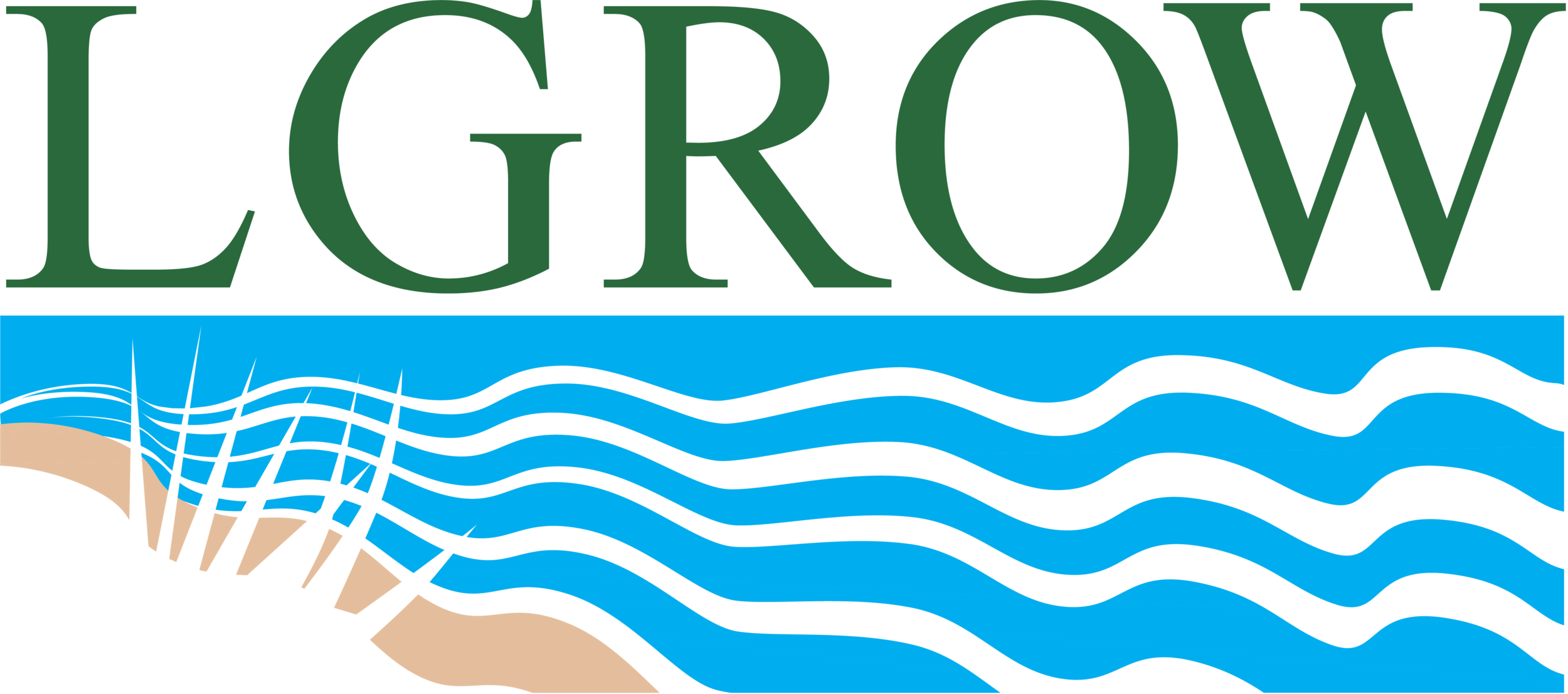Q&A: Swimming in the Grand River
We recently received a message from a Grand Rapids resident curious about water activities and conditions in not only the Grand River, but also other bodies of water in Michigan. We believe many people may have these same questions and would like to share the answers.
"How safe is it to swim in the Grand River and how would I know?"
The City of Grand Rapids has an ordinance prohibiting swimming in the Grand River within City limits. From Grand Rapids Municode:
Sec. 9.186. - Bathing and Swimming.
(1) No person shall bathe, swim or enter the waters of Grand River, the canals on either side thereof, or any other public waterway within the limits of the City of Grand Rapids at any place, locality and time, except such as have been designated by an order of the City Manager; provided, however, that this Section shall not apply to any person whose trade, business or occupation requires him or her to so enter said waters.
(2) The City Manager shall in his or her discretion from time to time adopt regulations designating the places or localities and time in which bathing and swimming shall be lawful, and shall provide such guards and protection therefor as he or she shall deem expedient and proper.
This ordinance seems to come from a safety perspective, not because the water quality in the river is unsafe. This ordinance might change in the future with the City’s plans to restore the rapids and create many more access points to the River downtown. Read more about that here. We suggest checking the ordinances of the municipality that you are paddling in (ex: Walker, Georgetown Township) if you plan to swim.
"How long should I wait after it rains to get into a lake or river?"
Rain events in this area can cause the water levels in streams and the River to increase quickly. It can be dangerous to be on the water during or immediately after a rain event. We suggest waiting until stream levels have leveled out after a rain event before paddling.
The County Health Department (Kent or Ottawa in our area) will issue statements that are immediately available via Facebook, then posted on their websites and other news outlets, if it is unsafe to come into contact with a water body in that county. This doesn’t happen often, but for example, a non-contact advisory was issued earlier this spring when we had extreme flooding along the Grand River. When looking at swimming all over Michigan, we would recommend start here.
"Can I take a sample of water myself and send it in to a lab?"
The City of Grand Rapids has also been completing extensive water quality sampling along the Grand River for decades. You can find more information about their sampling efforts here. See the link under ‘Water Quality Index.’ Samples are not taken specifically for swimming because there are not any public beaches along the Grand River downtown Grand Rapids.
LGROW is also starting to compile water quality data around the watershed in our Data Repository. Please note that we are currently working on this site, so more improvements are coming soon! This site allows citizens to send us water quality data that they have collected and make it available to others. We work with graduate students from GVSU, and we are planning on holding citizen science workshops later this summer and fall. There are many field tests that people can complete without sending samples to a lab that can give indication to good or poor water quality.
